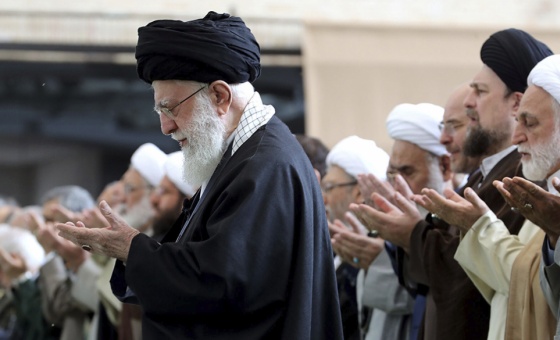This is the last article you can read this month
You can read more article this month
You can read more articles this month
Sorry your limit is up for this month
Reset on:
Please help support the Morning Star by subscribing here
Edith and Kim
by Charlotte Philby
HarperCollins, £12.53
A CRITICAL element in the Soviet Union’s destruction of the Nazi war machine was the moment in August 1939, when the Old Bolshevik, Vyacheslav Mikhaylovich Molotov, people’s commissar for foreign affairs, signed a non-aggression pact with the German foreign minister, Joachim von Ribbentrop.
This was the point at which the Soviet government had finally lost confidence in the prospects of an alliance with the Western powers to checkmate the Nazis and bought itself vital time and space to prepare for the invasion from the west, which Stalin, 10 years previously, had predicted.
This non-aggression pact was signed less than a year after Britain, France, fascist Italy and Nazi Germany had signed an agreement to cede a large part of Czechoslovakia — against the wishes of its people and government — to Germany.
Fascist Hungary and clerical fascist Poland helped themselves to further bits of Czechoslovakia and the whole of Europe knew that war was inevitable.
Among the Communist International’s extensive network of espionage agents working in the capitalist states were the young Austrian photographer Edith Tudor-Hart and Harold “Kim” Philby, whose encounters Philby’s granddaughter Charlotte has fictionalised in her fourth spy novel Edith and Kim.
Not surprisingly, this necessary and sudden volte-face by the Soviet government caught all but the most dialectical of thinkers on the hop and in her sympathetic portrayal of Edith Tudor-Hart, Charlotte Philby allows her heroine a moment of reflection.
The author has contracted a compelling narrative from her own recollections of her grandfather, with verbatim and heavily redacted files from Britain’s secret police and accounts given her by the families of many of the protagonists in these events.
Tudor-Hart emerges as a highly motivated anti-fascist, driven by her own experiences as Austria fell to the Nazis and by clear communist convictions which she retained, as a member of both the Austrian and British parties.
This is a human story in which Philby reappears not just as a superbly accomplished and exceptionally brave communist active in strife-torn Vienna, deep in fascist Spain and at the heart of the British intelligence services but from the fictionalised correspondence with Edith, as a sharp observer of politics and English life from his Moscow exile.
We get a sympathetic reading of Edith’s complicated emotional state and and love life made complex by the demands of her espionage work and her relationship with the men in her life and work and more, riven with anxiety and love for her troubled son.
We get an imaginative insight into her relationship with the ace Comintern agent Andre Deutsch and her role in recruiting Philby and as an intermediary with Anthony Blunt.
Mentioned in passing but unexplored is the role of Bob Stewart, the legendary Comintern worker and secretary of the CPGB’s control commission.
Edith Tudor-Hart combined her clandestine work with an openly partisan commitment to Communist Party in Britain and an intensely creative career as a photographer.
We get a hint of her work for the mass distribution Picture Post magazine and her documentary work which synthesises a distinctly modernist aesthetic with a powerful social realism which she shared with her cinematographer brother Wolfgang Suchitsky.
This is a enormously engaging book that helps to make visible the heroic work of the many women, who by birth, social position, nationality and political conviction were able to strengthen the anti fascist struggle and the work of the Comintern.










